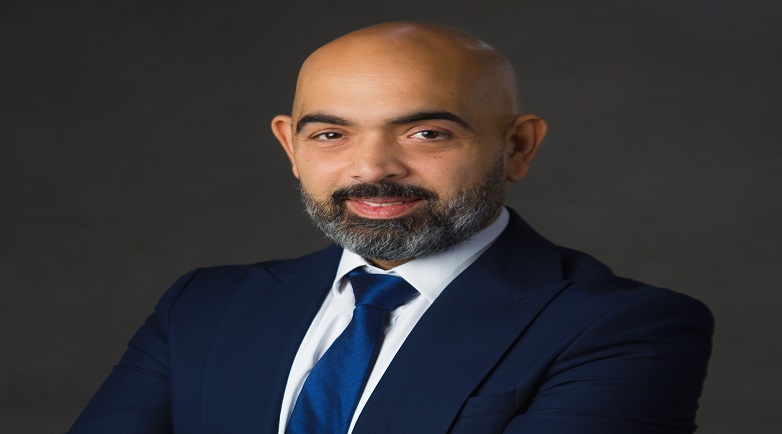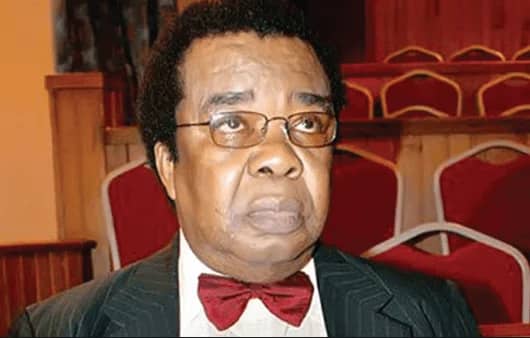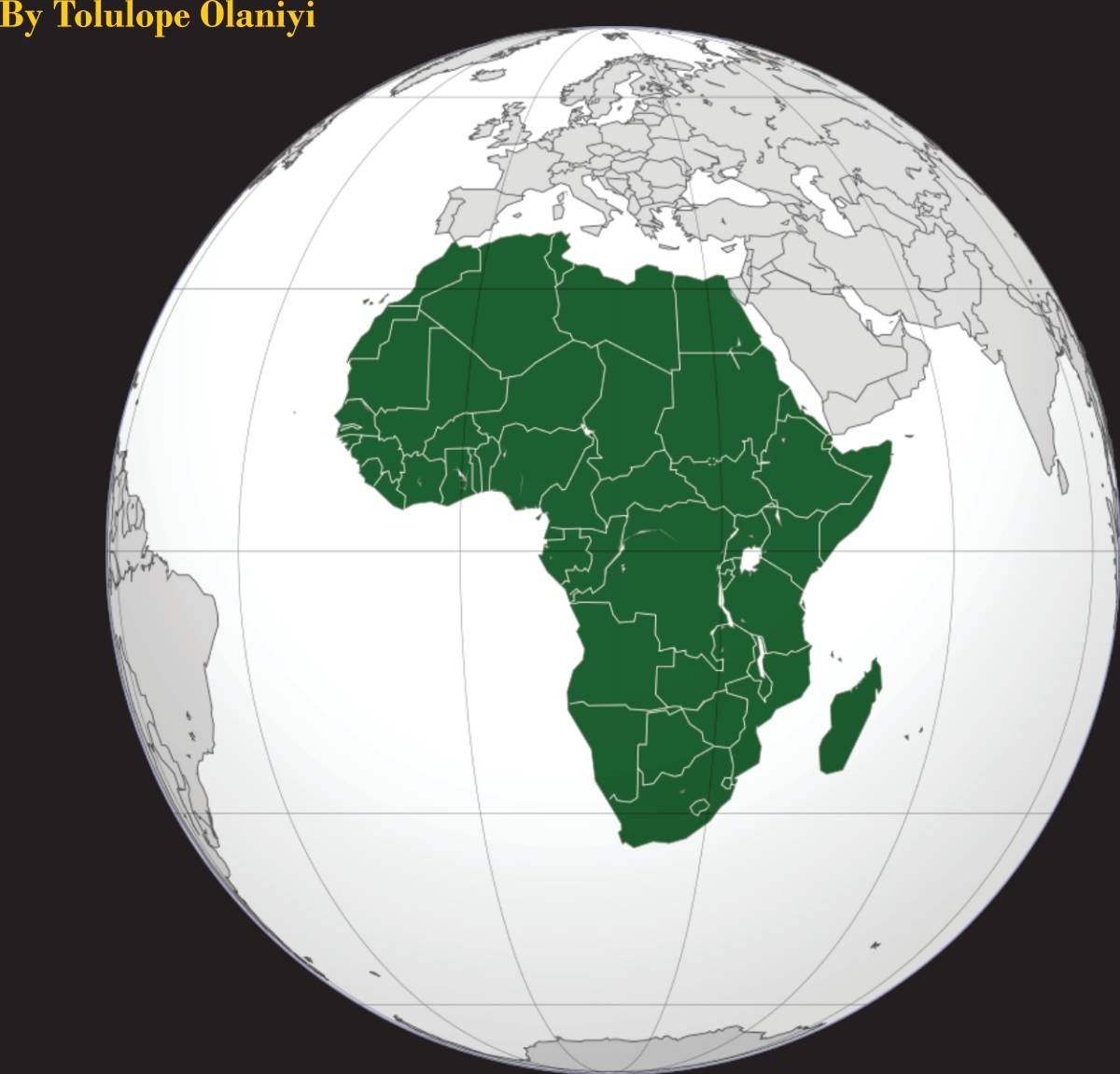By Jim Rex-Lawson Moses (Editor-in-Chief)
Africa has more than half (about 600 million hectares) of the world’s arable land but only produces 10 percent of its agricultural output. According to the International Fund for Agricultural Development IFAD, Africa parades 33 million small holder farmers on a measured world average. And according to Food and Agriculture Organization (FAO), by 2050, there will be more than 9 billion people on earth, meaning 2 billion more mouths to feed.
In Africa, economic growth from agriculture is 11 times more effective at reducing extreme poverty than any other sector.
Following the FAO records, some of the biggest challenges the African farmer is faced with are post harvest losses, the middle man bottleneck and needed finance for farming. And according to the International Fund for Agricultural Development (IFAD), Agriculture could be the world’s most vital investment soon. It is, therefore, imperative to be concerned about the numerous challenges this sector is faced with despite the huge potentials in transforming Nigeria’s economy into an enviable one. In Nigeria, farmers make up more than 35% present of the workforce and farming accounts for more than 20% of Nigeria’s GDP, yet they are the most impoverished as 70% of farmers are subsistence.
There are many challenges which impact on its productivity. These include; poor land tenure system, low level of irrigation farming, climate change, land degradation, low technology, high production costs, poor distribution of inputs, limited financing, high post-harvest losses, poor access to markets, insecurity and bad roads, among others.
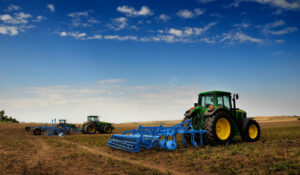
These numerous challenges have largely, stifled agricultural productivity affecting the sector’s contribution to the country’s GDP. According to the World Bank, Nigeria’s economically active population in agriculture is currently 12, 450, 000. The farmers do not only belong to numerous farm associations and cooperatives, but with an umbrella association, the All Farmers Association of Nigeria (AFAN) with headquarters in Abuja and state chapters across Nigeria, the sector currently has 56 commodity associations. These commodity associations also have state chapters. Beyond the commodity associations, animals and livestock have associations at national and state levels. The Federal Government’s FADAMA project also parades associations at the federal and state levels. There is also the Federation of Co-operatives with a nationwide spread having state chapters as well. And all these are some of the various ways by which Nigerian farmers have been accessing inputs, extension services and carrying out marketing of their produce. But this strategy has been ineffective and inefficient in ensuring agricultural development for the giant of Africa (with about two hundred million population) to feed herself, generate employment and create wealth. Nigeria currently has 70.8 million hectares of agriculture land area with maize, cassava, guinea corn, yam, beans, millet and rice being the major crops. Authoritatively, Nigeria’s rice production rose from 3.7 million metric tons in 2017 to 4.0 million metric tons in 2018. In spite of this, only 57percent of the 6.7 million metric tons of rice consumed in Nigeria, annually, is locally produced leading to a deficit of about 3 million metric tons, which is either imported or smuggled into the country illegally.
READ MORE: We Need Women To Take Up Global Positions —Amb. Darkey
In addition, the contribution of forestry to agricultural development in general cannot be overstressed, but Nigeria’s forest ecosystems are threatened by rapid population growth and economic activities with annual deforestation rate ranging between 0.72 and 2.38 percent, according to FAO 2018 report. Agricultural expansion attempts, heavy reliance on firewood and charcoal for energy, unsustainable timber extraction, urbanization, grazing, bush fires, and infrastructure development efforts are among the factors behind this trend.
With the increasing population, estimated to reach 400 million by 2050, enhanced agriculture productivity through adaptation of new technologies and innovations is necessary to ensure food security and nutrition.
It is based on the foregoing that this writer recommends the adoption of Nestle Nigeria’s agricultural ‘Shared Value’ approach in repositioning the sector’s development for national and global competitiveness.
It may interest you to know that within the year 2022 alone, Nestle Nigeria embarked on the following projects and many more to impact the industry.
Addressing Water Sustainability Challenges
Within the year under review, Nestle Nigeria partnered the Ogun state Ministry of Environment to mark the 2022 World Water Day. They jointly hosted a stakeholders’ forum to address Water Sustainability challenges in Ogun State in line with the theme for this year; “Groundwater: making the invisible, visible’.
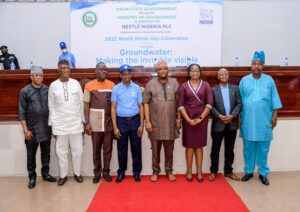
The event which had the Deputy Governor of Ogun State, Engr. Noimot Salako Oyedele, ably represented by Honorable Kola Salako, Senior Special Assistant to the Governor, also had in attendance the Permanent Secretary, Ogun State Ministry of Environment, Engr. Razak Ojetola, who commended Nestlé Nigeria for collaborating with the ministry on the maiden edition of World Water Day celebration in the state and for the strides of the company around water sustainability.
It is important to note that this move was necessitated by Nestle’s recognition of the important role water plays in our everyday life. According to the company, “This year’s campaign explains the vital role of groundwater in water and sanitation systems, agriculture, industry, ecosystems and climate change adaptation.
Also, the rapid population growth, especially of urban areas, comes not only with planning and infrastructure challenges such as water supply and waste disposal, but also heavy reliance on groundwater. It is, therefore, imperative that groundwater governance becomes a focus for all stakeholders (government, private sector, NGOs) with all working together to sustainably manage this precious resource.”
Building Next Generation of Agripreneurs
Over the years, the company has been working with local farmers to source for 100% of grains used in manufacturing Nestle’s products locally. This, without a doubt, has been impacting the local economy positively by providing a sustainable means of livelihood for the farmers and other players across the value chain of grains production. And to take it a step further, in order to ensure a sustainable production system, (bearing in mind that the present generation of farmers will some day fade away), having a succession plan for the agricultural sector became imperative for Nestle Nigeria. Hence, the birthing of the “Next Generation of Farmers” project to raise the next generation of farmers and “agripreneurs” as a critical component not just for ensuring the availability of grains for meeting Nestle’s needs, but also for building thriving communities and sustained economic advancement.

…Adopting Nestlé’s Agricultural ‘Shared Value’ Model
Therefore, in October 2021, the brand launched GOLDEN MORN Agripreneurship Series in collaboration with The Enterprise Development Centre of the Pan Atlantic University to promote youth participation in the agricultural sector through training and provision of grants for the most promising agriculture business proposals by the beneficiaries. The beneficiaries are exposed to different aspects of the agricultural value chain and are provided with seedlings and mentorship to help them succeed as farmers’ post training demands. According to Victoria Uwadoka, Nestlé Nigeria’s Corporate Communications and Public Affairs Manager, “As a force for good, our brands with purpose help to drive societal progress by Creating ‘Shared Value’ across their value chain. This way, Nestlé is driving impact at scale across critical socio-economic sectors including agriculture to build a sustainable mutually beneficial ecosystem.
The GOLDEN MORN Agripreneurship Series seeks to train and provide support to young entrepreneurs in the agricultural sector in order to promote sustainable food systems in Nigeria. Over the years, the brand has consistently supported the growth of a thriving ecosystem of farmers, and is now attracting and equipping young agripreneurs, who will ensure continuity from the current generation. Equipping these future farmers will ensure continuous supply of high-quality grains to Nestlé while contributing towards ensuring nutrition and food security to cater to our rapidly growing population estimated to reach 400 million by 2050.”
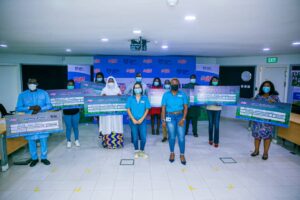
Speaking at the opening session of the fourth season, Ifeanyichukwu Orabuche, Category & Marketing Manager Dairy, Nestlé Nigeria PLC, said, “As a brand, we are excited to further extend investment towards creating value for young agripreneurs aged 18 to 35 years, who are already participating in or are interested in the grains value chain. Through the series, we aim to positively impact on the local economy by growing agribusinesses to create job opportunities for young Nigerians. Beyond the training and mentoring opportunity the series provides, beneficiaries who excel during the training also stand a chance to win seed funding for their businesses.”
Commenting also on the project, Obianuju Okafor, Project & Finance Manager of the Enterprise Development Center, Pan Atlantic University said, “
We are delighted that our partnership with GOLDEN MORN is now in its fourth season. Through this partnership, we are building a community of young agripreneurs who can go on to foster innovative ideas and trends in the agricultural sector to build sustainable food systems now and in the future.” It is important to note that since the commencement of the GOLDEN MORN Agripreneurship webinars, over 200 youths have benefitted from the opportunity provided by the brand with seven of them receiving a total of 3.5 Million Naira to scale their businesses.
Sustaining the Momentum
The Nestle brand realizes that with the Nigerian population expected to reach 230 million by 2025, and 400 million by 2050, food security is of considerable importance. And this necessitated the company to sustain investment in the “next generation of farmers”, recognizing that today, the demand for food appears to be outstripping supply as a result of reduced productivity combined with post-harvest waste, and to reverse this dangerous trend, innovative solutions to modernize farming methods were needed, and this requires sustaining GOLDEN MORN’s investment to provide support and opportunities for the Nigerian youth to unlock the power of food to enhance quality of life for everyone today, and for generations to come through sustained trainings. The trainings expose young agripreneurs to relevant trainings on different aspects of the agricultural value chain, with a focus on grains.
In post training, beneficiaries are supported with seedling and mentorship to enable them thrive in their businesses. The fifth series of the program was scheduled for October 2022. And the training is open to all budding or existing agric-based entrepreneurs aged 18 and 35 years.
Investing Over One Billion Swiss Francs by 2030 to Make Coffee Farming More Sustainable
Realizing the possible negative effect climate change could have on coffee production by 2050, which will possibly also have severe adverse effect on the farmers and their livelihood, the company has launched a 10-year plan to help drive regenerative agriculture, reduce greenhouse gas emissions and improve farmers’ livelihoods. Nestle’s Nescafé, is the largest coffee brand and one of the world’s favorite coffees. The brand has outlined an extensive plan to help make coffee farming more sustainable: the Nescafé Plan 2030. The brand is working with coffee farmers to help them transition to regenerative agriculture while accelerating its decade of work under the Nescafé Plan. The brand is investing over one billion Swiss francs by 2030 in the Nescafé Plan 2030.
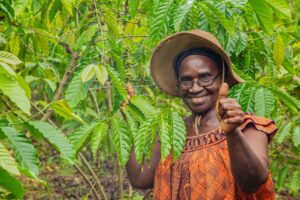
This investment builds on the existing Nescafé Plan as the brand expands its sustainability work. It is supported by Nestlé’s regenerative agriculture financing following the Group’s commitment to accelerate the transition to a regenerative food system and ambition to achieve zero net greenhouse gas emissions.
According to David Rennie, Head of Nestlé Coffee Brands, “Rising temperatures will reduce the area suitable for growing coffee by up to 50% by 2050. At the same time, around 125 million people depend on coffee for their livelihoods and an estimated 80% of coffee-farming families live at or below the poverty line. Action is, therefore, needed to ensure the long-term sustainability of coffee. “As the world’s leading coffee brand, Nescafé aims to have a real impact on coffee farming globally,” said Philipp Navratil, Head of Nestlé’s Coffee Strategic Business Unit.
“We want coffee farmers to thrive as much as we want coffee to have a positive impact on the environment. Our actions can help drive change throughout the coffee industry.”
Supporting Farmers’ Transition to Regenerative Coffee Farming
Regenerative agriculture is an approach to farming that aims to improve soil health and fertility – as well as protect water resources and biodiversity. Healthier soils are more resilient to the impacts of climate change and can increase yields, helping improve farmers’ livelihoods. Thus, Nescafé will provide farmers with training, technical assistance and high-yielding coffee plantlets to help them transition to regenerative coffee farming practices. Nescafé aims to achieve 100% responsibly sourced coffee by 2025, 20% of coffee sourced from regenerative agricultural methods by 2025 and 50% by 2030 as part of Nestlé’s ambition for its key ingredients.
Piloting a Financial Support Scheme in Mexico, Côte d’Ivoire and Indonesia to Accelerate the Transition to Regenerative Agriculture
Nescafé is committed to supporting farmers who take on the risks and costs associated with the move to regenerative agriculture. It will provide programmes that aim to help farmers improve their income as a result of that transition. In Mexico, Côte d’Ivoire and Indonesia, Nescafé will pilot a financial support scheme to help farmers accelerate the transition to regenerative agriculture. Through this scheme, Nescafé, together with coffee farmers, will test and learn the best approach in each country.
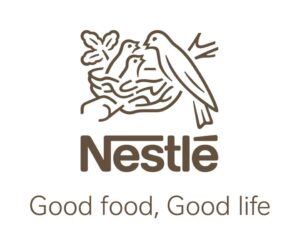
These could include measures such as: conditional cash incentives for adopting regenerative agriculture practices, income protection using weather insurance and greater access to credit lines for farmers. Nescafé will track the progress and assess the results of its field programmes with coffee farmers through its Monitoring and Evaluation partnership with the Rainforest Alliance. Its efforts will be complemented by new and expertise-focused partnerships, like the one with Sustainable Food Lab for topics related to coffee farmers’ income assessment, strategy and progress tracking. Reducing greenhouse gas emissions also by capturing and storing more carbon in the soil. Regenerative agriculture also contributes to drawing down carbon dioxide from the atmosphere and reducing greenhouse gas emissions.
READ MORE: Nigeria Ranks Third After South Africa, Egypt as African Countries with More Developers
That’s why regenerative agriculture is a key part of Nestlé’s Zero Net roadmap. Nescafé aims to contribute to Nestlé’s Zero Net commitment to halve greenhouse gas emissions by 2030 and reach zero net greenhouse gas emissions by 2050. It will work with farmers, suppliers and partners to help protect agricultural lands, enhance biodiversity and help prevent deforestation, in the already highlighted countries and in Nigeria.
The brand intends to help farmers plant more than 20 million trees at or near their coffee farms. Building on a strong foundation, this announcement, according to the company, builds on Nescafé’s sustainability efforts in coffee production. Since 2010, the brand has invested in sustainability through the Nescafé Plan and has made significant progress.
The Nescafé 2030 Plan is aimed at renewing the world of coffee to help uplift lives and livelihoods with every cup, with an integrated strategy as vision to use regenerative agriculture to help address climate change, aiming to reduce greenhouse gas emissions, increase farmers’ income and create better social conditions. There is no doubt that the Nestle’s ‘Shared Value’ model, if adopted by numerous corporate entities can help position the agricultural industry in Nigeria, as in the other countries, for global competitiveness while ensuring increase in the nation’s GDP, employment opportunities, wealth creation and Sustainable food systems.

